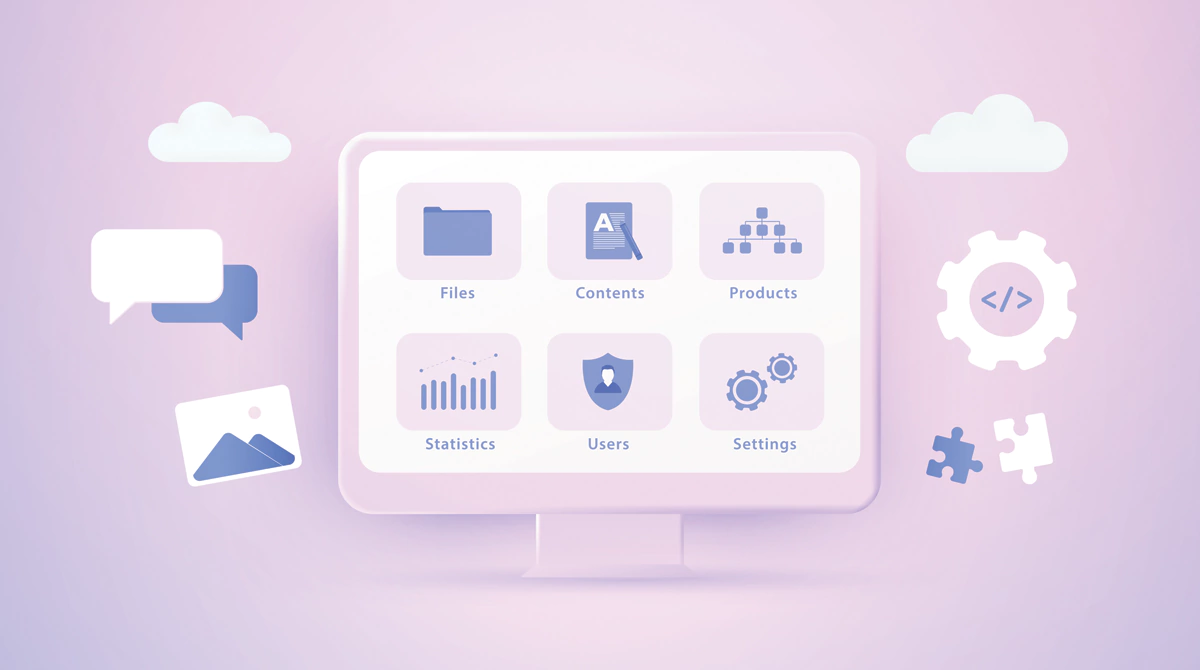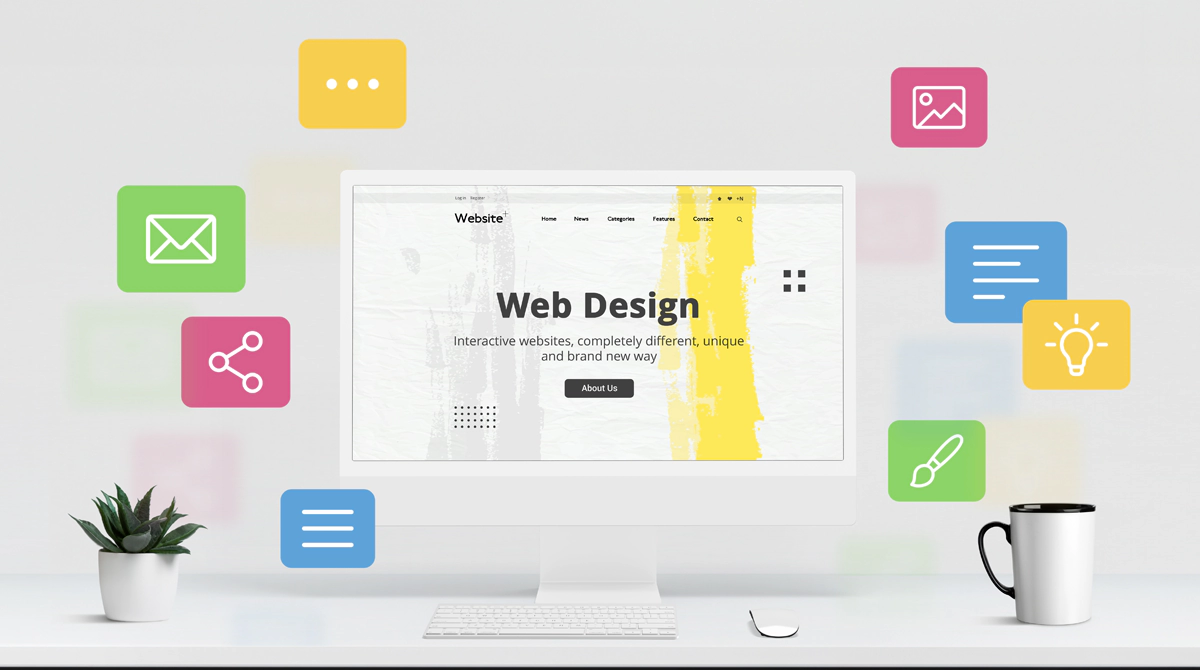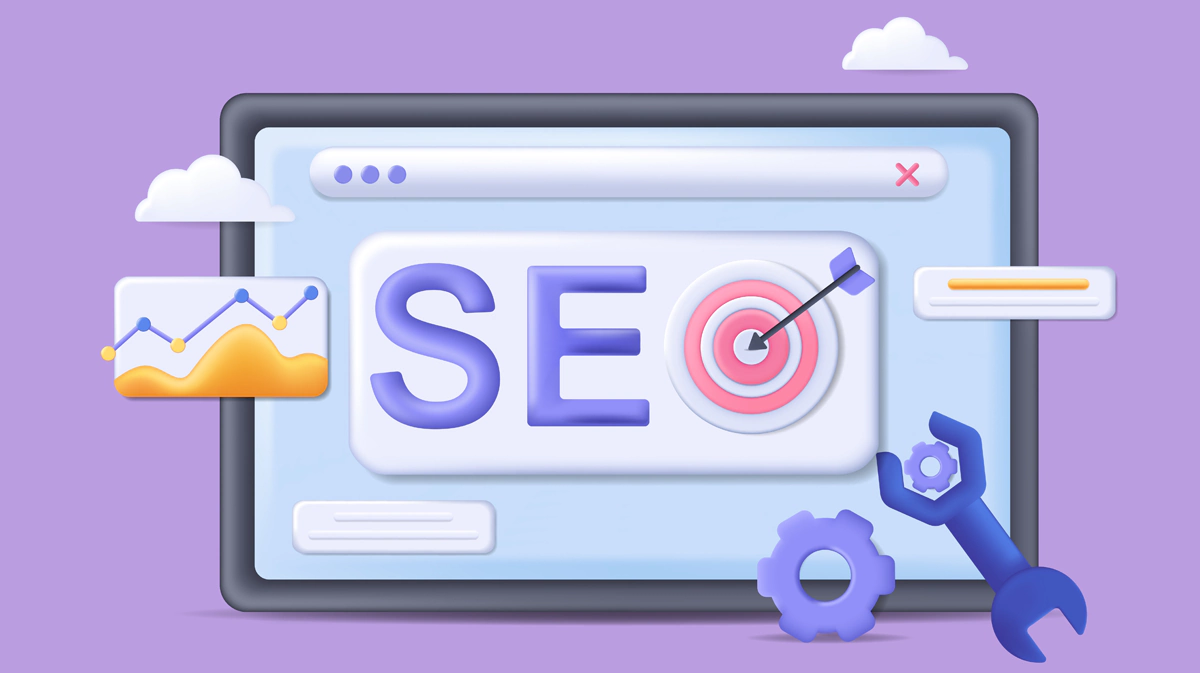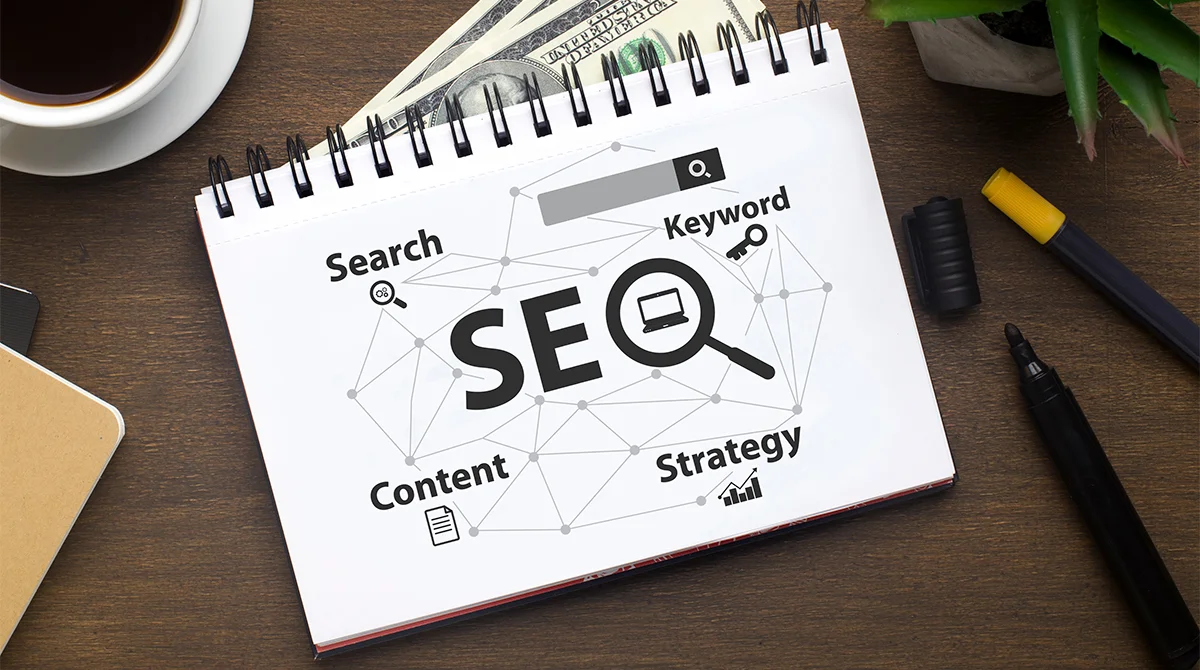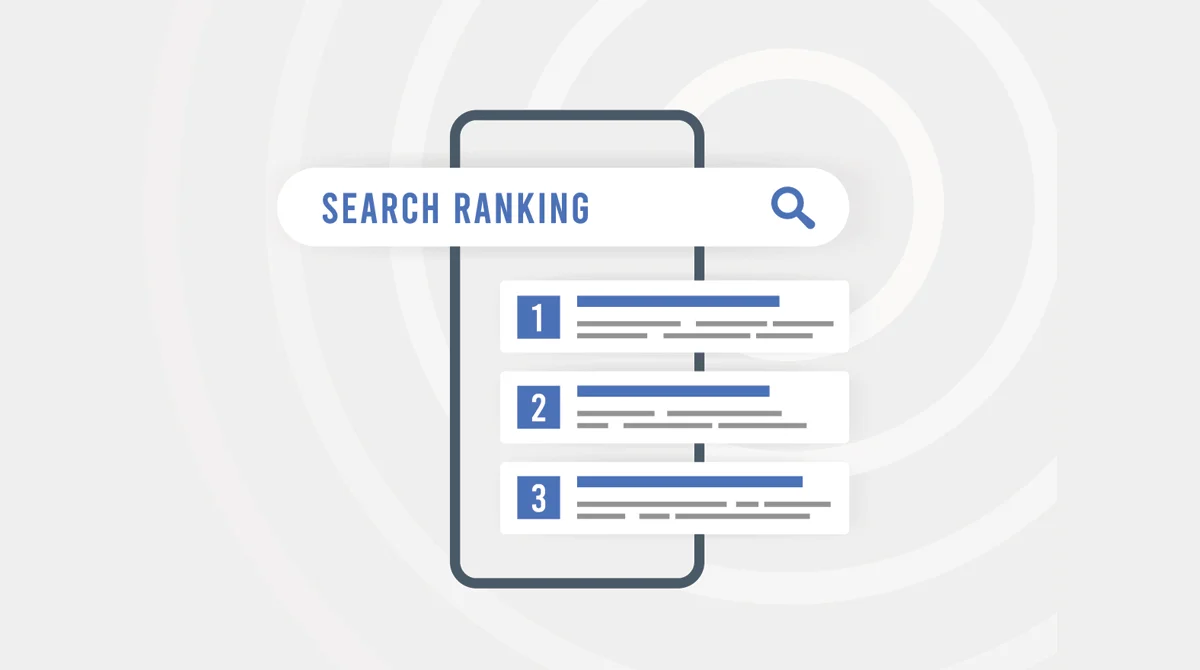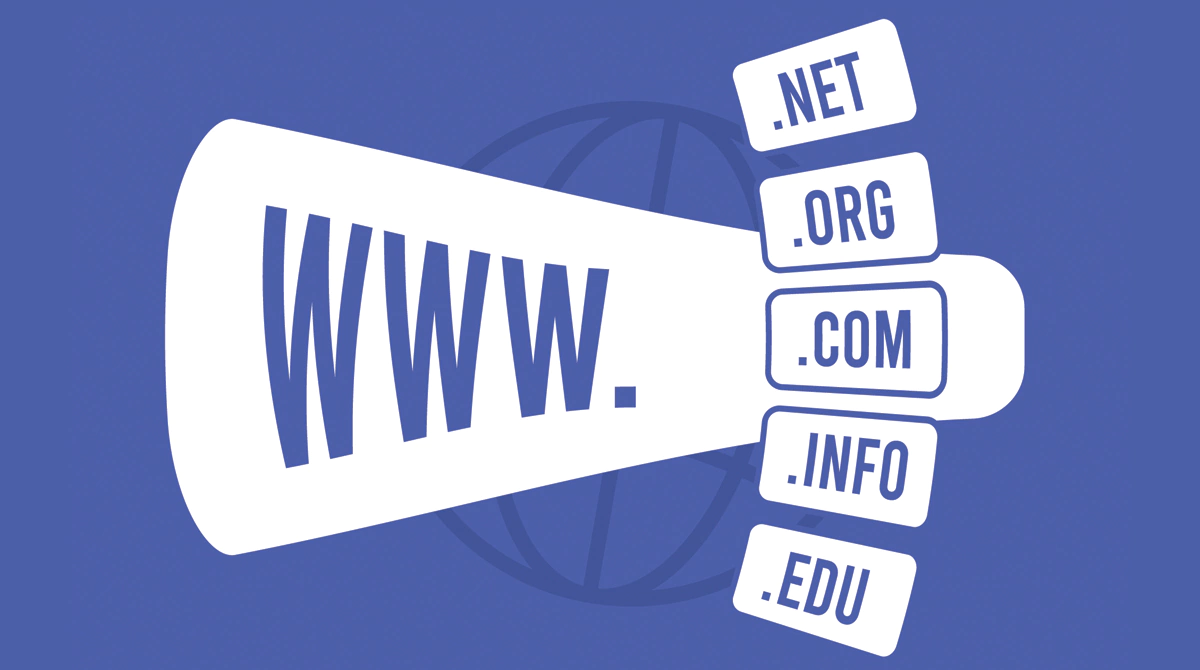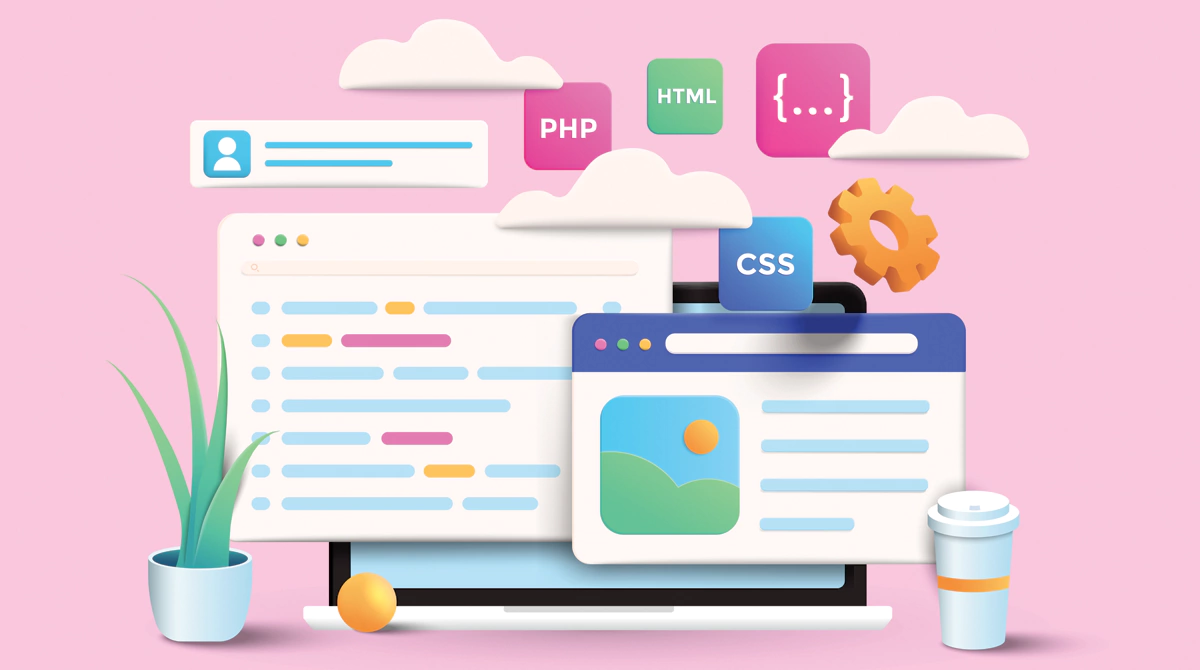You know you need a website as an Australian small business owner, but all the associated costs should be clearly stated and overwhelming. How much should you really budget, and what are you actually paying for? You need a website to maintain both potential customers and credibility. Rushing to develop a website without knowing the associated costs risks you either blowing out your budget or ending up with something that doesn’t suit your needs. Each day without an effective online presence is one more opportunity lost. In this guide, we’re going to demystify what it actually means in cost to build a small business website. We will break down all the expenses, from domain names to design fees and explore options for every budget. By the end, you will know exactly what to expect from a cost point of view, how to plan a budget, and how to choose the solution that is right for you, your business goals, and your wallet.
Why your small business needs a website?
Before we dive into the costs, let’s explore why investing in a website is crucial for your small business:
1. Increased Discoverability
You may or may not be aware of this fact: 70% of all people will go online to research a company before they decide whether to buy or visit. In this digital age, wherein the internet forms most consumers’ first point of reference in search of products or services, a website can increase manifold the chances of being found by prospects.
Your website’s a storefront that’s open 24/7 to nobody. It’s always on, ready to be shown to the world, and thus, prospective clients are able to get information about your business any time, even outside the scope of your normal hours of business.
2. Building Trust and Credibility
Trust is at the core of consumer choice. If they don’t feel your products or services can solve their problem, they’ll go to your competition. A professional website enables you to foster that trust through the following means:
- Customer reviews and testimonials
- Awards and achievements
- Your story—the history and values of your company
- Products/services description
That kind of transparency enriches trust with your audience, differentiating you from others who may not even be online. It gives people enough confidence to choose your business over someone else’s.
3. Driving Sales and Revenue
A website can be an effective way to ring in more money. Whether you’re a service provider or selling products, it enables easier transactions and really helps drive more sales and revenue.
For service-based businesses, the inclusion of a contact form or even a booking system—by which potential clients can reach out to you or schedule an appointment quickly—can easily enable them to do so. This can really yield ease of contact and more inquiries, which really amount to more business.
For product-based business people, it allows customers to go through your catalogue, read descriptions of products, check reviews, and make purchases securely online. All of these conveniences can greatly improve your sales potential.
Offer customers all these easy ways of dealing with your business and open up new streams of revenue while improving general sales potential.
How much should a small business spend on a website?
How much does a website cost? Well, the answer is simple. The cost will vary depending on your particular needs. Right now, most small business’s price range differs for a professional website. Factors that can influence this cost include:
- Design complexity
- Number of pages
- Custom features and functionality
- E-commerce capabilities
- Content creation
Consider your budget and business goals when deciding how much to invest in your website.
Costs to build a website
Now that we have established the need for a website, let us break down some of the potential costs that go into it. The cost of building a website in Australia may vary greatly depending on the kind of needs that you have and the way in which you go about things. Here is a breakdown of what one might pay for a website:
1. Domain Name
It is the address to your website on the Internet. You can get .com, .au domain for as low as possible per annum. This might be small in cost but high in importance, given that the domain name will always represent your first impression of business on the internet, with which your customers will relate.
2. Web Hosting
Website hosting is where your website will live online. This will cost you depending on the size and complexity. Larger and more advanced e-commerce sites will require more expensive web-hosting options so that they can handle more traffic and ensure stronger security measures.
3. Website Design and Development
This is almost always the most significant cost for a website. Here are a few options:
i. DIY Website Builders
Websites like GoDaddy Website Builder offer plans that include hosting and, in some instances, even domain registration. They’re okay if you’re comfortable with technology and have time to build the site.
ii. Professional Web Design
The cost will vary significantly when you hire a professional web designer:
- A basic brochure website: $3,000 to $10,000
- A small to medium e-commerce site: $6,000 to $15,000 or more
- Larger, custom websites: upwards of $30,000
Web designers’ rates are by the hour, usually $50–250+ per hour, depending on experience and experience level.
4. E-commerce Functionality
If you want to sell merchandise, you are going to want ecommerce. This can be as basic as a platform like GoDaddy’s Online Store. If you require a custom e-commerce solution for your site, you may add the base cost of web design.
5. Content Creation
Remember the cost of creating content on your website, such as writing copy, taking photos, and possibly creating videos. All this will take your time if you plan on making it yourself. To hire pros, budget will vary, depending on the amount and quality of content needed.
6. SSL Certificate
An SSL certificate is important in securing a website, more so when dealing with sensitive customer information. It’s often included in hosting plans, though some providers may charge separately for this service.
7. Ongoing Maintenance and Updates
Your website is going to need updating and maintenance from time to time in order to remain secure and run well. The cost for this will depend on the complexity of your site and whether you’re doing some of that work yourself.
Is it worth making a website for a small business with Make My Website?
While DIY options can be more pocket-friendly, engaging a professional agency like Make My Website will have numerous added advantages that benefit the customer. These include:
- Professional design and development: Professionals will create a polished, professional-looking site that aligns with your brand image.
- Saves time: The building of a website requires much time. Involving professionals allows the customer to pay attention to running the business at hand.
- Search engine optimisation: We ensure that the visible presence of your site is due to search engine optimisation.
- Mobile responsiveness: As most people do their browsing using mobile devices, a mobile-responsive design is very essential. Our designers ensure the delivery of a site that looks good on each of these devices.
- Ongoing support and maintenance: We offer continuous support, which ensures your site will be updated with the latest software and remain secure.
Putting up a small business website is no longer an option, more so considering today’s market scenario. It can be done on almost any budget. Ranging from do-it-yourself, like GoDaddy Website Builder, to professional services for every pocket, it decidedly promotes your business with respect to the popular perception of its credibility and helps your bottom line.
Keep in mind that a website is something you are going to be investing in for your business’s future. Of course, the cost will have a role, but so will its return through increased visibility, credibility, and, ultimately, sales. Choose the one that serves best according to your business goals and budget and available technical capability.
Ultimately, the right website solution for your small business will depend on your unique needs, goals, and resources. Weighing carefully through the costs against the benefits outlined here will set you well on your way to making a confident decision that sets your business up for online success.



